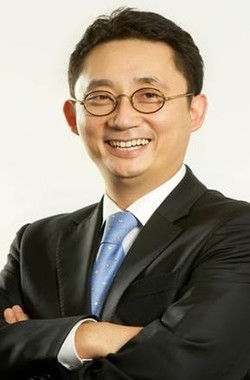Like its predecessors, the Yoon Suk-yeol government made an ambitious promise to ease regulations to revitalize corporate activities.

When Yoon was president-elect in March, he pledged to make a hotline to communicate with business lobby groups directly. Prime Minister Han Duck-soo also showed his strong will to remove unnecessary regulations by doling out his business cards displaying his mobile phone number to corporate executives.
The Lee Myung-bak government vowed to remove “utility poles that get in the way of big trucks.” The Park Geun-hye government said it would remove “thorns under the fingernails.” Despite its seemingly anti-corporate stance, the Moon Jae-in government introduced a regulatory sandbox for deregulation.
Regulatory reform has been the No. 1 priority for every government in Korea. However, businesses still complain about the rare change in deregulation, and promises for regulatory reform are always repeated. So why has every administration failed to make progress for deregulation?
First, Korean society has become so mature that policy decision-makers willingness alone cannot change regulations or policies. Korea has long passed a stage where access to powerful people solves problems immediately. There are few regulations or policies that can change immediately no matter what you tell those in power directly. Most agendas cannot move forward without the support of public opinion and the approval of the National Assembly. Especially when the ruling party is smaller than the opposition party, the government has limitations to push things without the consent of the opposition party.
Next, the government has failed to wield its political power to coordinate and negotiate the arguments of various stakeholders. It was not because the government was lazy or slow to new logic and ideas but because it lacked the leadership to persuade stakeholders and win support from the public.
Despite solutions and alternatives, the government’s declarations, assertions, and reprimands are insufficient. It needs political power and leadership to induce solutions.
The legitimacy of the policy purpose is important, but the rational decision-making process has become more important to make a policy successful.
Last but not least, it has become more important for policymakers to have a pragmatic attitude.
Technological development and changes in social norms related to ethics and the environment are making faster progress than regulations. Thus, to push for regulatory reform, the government should consider political negotiations first to reflect the various interests of the entire society beyond the dimensions of administrative and economic calculations and logic.
The government and the National Assembly can keep up with changing regulations only if they can reconcile conflicting interests, persuade many stakeholders, and seek the public's consent.
The Covid-19 pandemic has not abated but has become even more raging. To make matters worse, next year's economic outlook is bleaker than this year's. In times like this, individual companies find it difficult to overcome the crisis no matter how much they strive. This is because Korea has become a stabilized and highly developed society, and it is extremely difficult to change the existing system.
Suppose the government intends to push for business-friendly deregulation. In that case, it should not only build a hotline with business groups but win the trust of various stakeholders, including the opposition party.
Companies need to not only have a dialogue with the government but also persuade many stakeholders and win their support.

